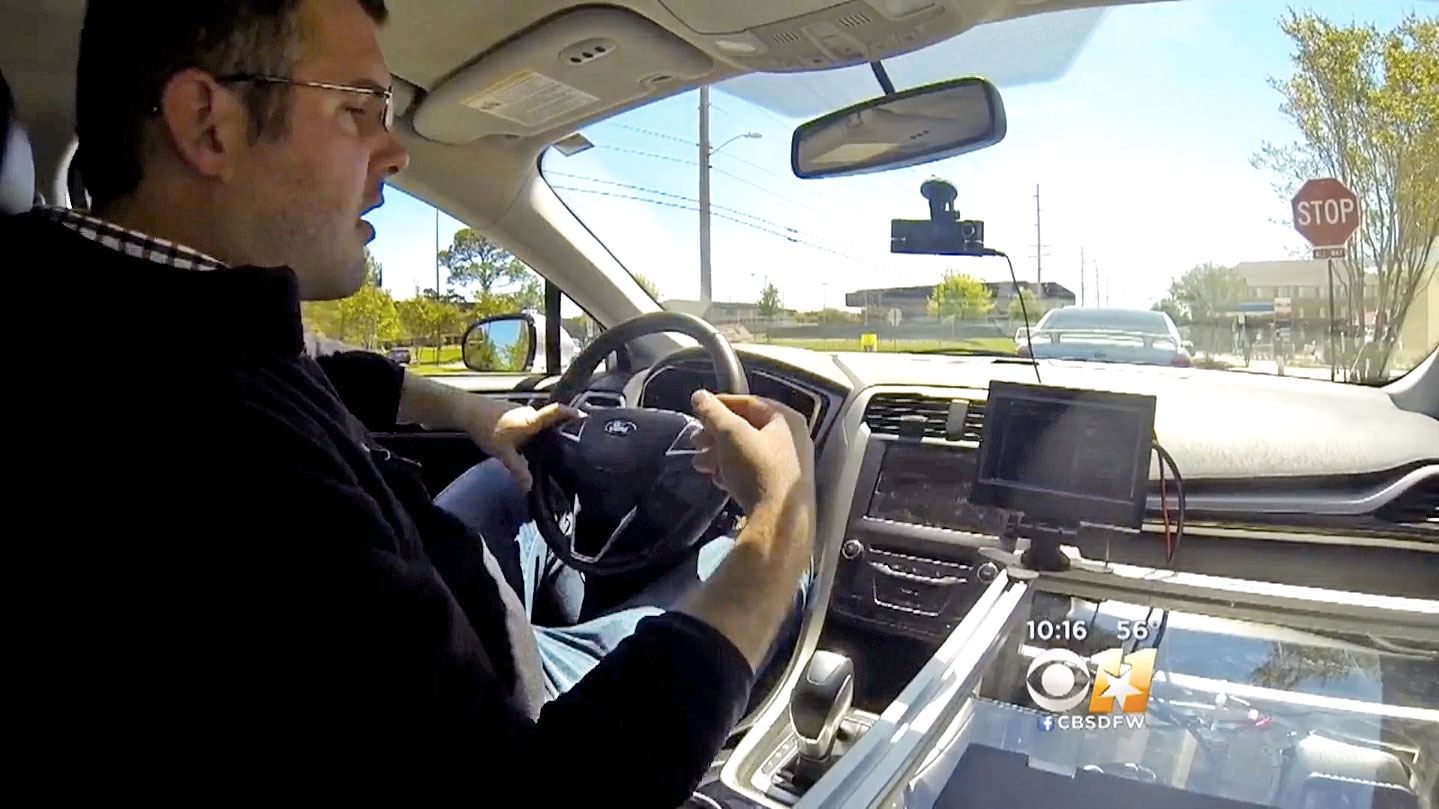
If you go through tin foil like there's no tomorrow (or because you think there's no tomorrow), you might want to head down the store. A recent 2 - 1 ruling by the Sixth Circuit Court of Appeals has determined that law enforcement agencies can obtain cellphone location data, without the need for a warrant. The decision comes after a defendant in a drug-related case claimed protection from his phone's GPS location data being used under the Fourth Amendment. Judge John Rogers stated that the defendant didn't have a reasonable expectation of privacy for data given off by a voluntarily purchased phone, going on to state that if tools used in such crimes give off a trackable signal, police should be allowed to use it. Rogers likened it to the use of dogs tracking a scent, and criminals complaining they didn't know they were giving one off, or that the dog had picked it up. The use of technology in crime prevention, be it police tools, or that belonging to the greater population, has long been a source of complex discussion, and this latest development is unlikely to be the end of it. But for now, at least one guy is rueing his decision to get a better phone. Hit the source for the full case history.
Filed under: Cellphones, Misc. Gadgets
Sixth Circuit rules that law enforcement doesn't need a warrant to track your phone originally appeared on Engadget on Wed, 15 Aug 2012 13:52:00 EDT. Please see our terms for use of feeds.
Permalink  ArsTecnica
ArsTecnica |
 US Court of Appeals (pdf)
US Court of Appeals (pdf) |
Email this |
Comments
 Smart meters are designed to reduce energy consumption, lower household bills and, by extension, help the planet along a little bit. But could they also be used by the government to spy on you? This is the question that was thrown into the spotlight...
Smart meters are designed to reduce energy consumption, lower household bills and, by extension, help the planet along a little bit. But could they also be used by the government to spy on you? This is the question that was thrown into the spotlight...
 Smart meters are designed to reduce energy consumption, lower household bills and, by extension, help the planet along a little bit. But could they also be used by the government to spy on you? This is the question that was thrown into the spotlight...
Smart meters are designed to reduce energy consumption, lower household bills and, by extension, help the planet along a little bit. But could they also be used by the government to spy on you? This is the question that was thrown into the spotlight...
 Eleven senators -- both Republican and Democrat -- introduced new legislation today that calls for substantial reforms to Section 702 of the Foreign Intelligence Surveillance Act, Reuters reports. Section 702 allows intelligence agencies to monitor t...
Eleven senators -- both Republican and Democrat -- introduced new legislation today that calls for substantial reforms to Section 702 of the Foreign Intelligence Surveillance Act, Reuters reports. Section 702 allows intelligence agencies to monitor t...
 Today, the Washington DC Court of Appeals overturned a Superior Court conviction of a man who was located by police using a cell-site simulator, or Stingray, CBS News reports. The court ruled that the defendant's Fourth Amendment rights were violated...
Today, the Washington DC Court of Appeals overturned a Superior Court conviction of a man who was located by police using a cell-site simulator, or Stingray, CBS News reports. The court ruled that the defendant's Fourth Amendment rights were violated...
 Did US border agents insist on searching the contents of your smartphone during your latest trip, privacy be damned? You're not alone -- Homeland Security has revealed that searches by Customs and Border Protection are surging, growing from under 5,...
Did US border agents insist on searching the contents of your smartphone during your latest trip, privacy be damned? You're not alone -- Homeland Security has revealed that searches by Customs and Border Protection are surging, growing from under 5,...
 Last May, the defense in a child pornography trial alleged that the FBI used a member of electronics retailer Best Buy's tech support team, Geek Squad, to peer into the accused's computer on the hunt for evidence of child pornography. Since then, the...
Last May, the defense in a child pornography trial alleged that the FBI used a member of electronics retailer Best Buy's tech support team, Geek Squad, to peer into the accused's computer on the hunt for evidence of child pornography. Since then, the...
 A chemistry professor in Texas has equipped an electric Ford sedan with a unique (and possibly unconstitutional) aftermarket upgrade: a drug-sniffing device that can recognize small amounts of illegal substances in the air and locate the source with...
A chemistry professor in Texas has equipped an electric Ford sedan with a unique (and possibly unconstitutional) aftermarket upgrade: a drug-sniffing device that can recognize small amounts of illegal substances in the air and locate the source with...




